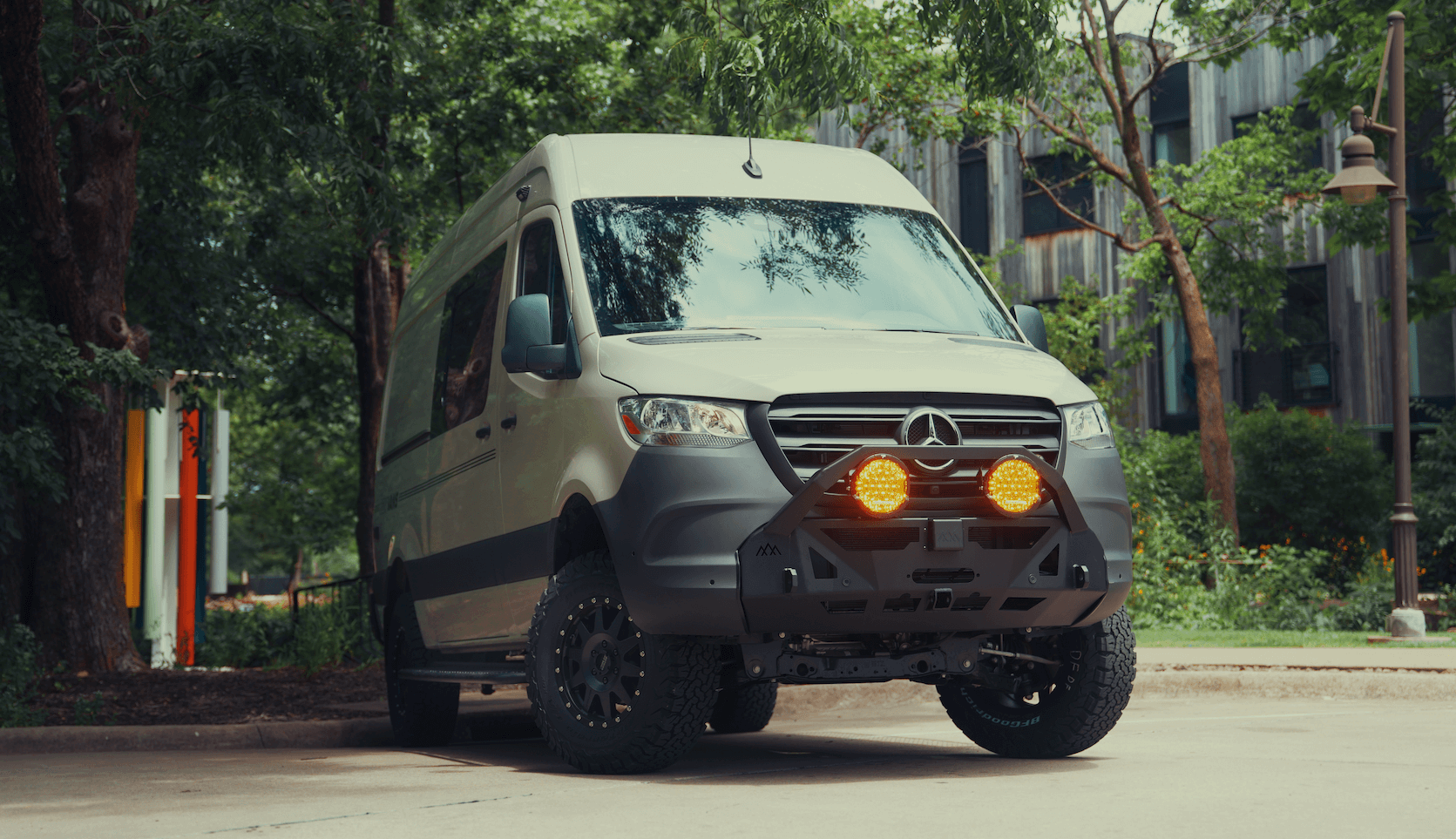Recreational Vans

Insurance valuation appraisal is the process of determining what an insurer should assign as the monetary value of an asset for rating a policy and settling a loss. For vehicles, that value depends on condition, mileage, options, regional demand, and recent comparable sales. When a vehicle is customized, the appraiser also considers installed equipment, labor quality, and market appeal of the modifications. A sound appraisal reduces price disputes, curbs underinsurance, and creates a reference point for both premium calculation and claim outcomes.
Valuation is not a single number pulled from a book. An appraiser weighs multiple inputs, then reconciles them into an opinion of value that aligns with the selected policy form. Documentation is the backbone. Clear records transform upgrades from nice to have into defensible line items that influence the final figure.
Each method suits a different risk profile. Agreed value is often preferred for heavily modified or specialty vehicles because it avoids arguments about what upgrades were worth after a loss.
A vehicle appraisal merges three approaches. The market approach gathers comparable sales and listings, then adjusts for differences in equipment, mileage, and timing. The cost approach considers build invoices, parts pricing, and labor to estimate what it would take to reproduce the unit, then factors in functional or economic obsolescence. The income approach is rare for personal vehicles but may apply to commercial units that generate revenue.
For custom vans and overland setups, the market approach must look beyond standard trims. Comparable evidence could include sales of similar conversions, recognized upfit brands, and documented one off builds that recently transacted. The cost approach gains importance when unique features exist that the market does not often price, such as integrated lithium power systems, marine grade cabinetry, or specialized suspension packages.
When these elements are organized, an appraiser can connect dollars to installed components and assign rational adjustments rather than relying on generic vehicle book values.
Depreciation curves are not linear for specialty vehicles. Premium components like lithium batteries, premium suspension, or high quality cabinetry often retain more value than cosmetic accessories. Market cycles affect rigs differently by region and season. Demand for adventure vans can spike before summer, while commercial buyers may bid up cargo platforms during peak logistics cycles. A credible appraisal notes these patterns and supports them with recent comparable sales.
Custom travel rigs combine automotive, marine, and residential systems in a compact space. That complexity must be reflected in the valuation. Electrical systems with lithium batteries and high output alternators, diesel or propane heat, solar arrays, water storage, insulated cabinetry, and crash tested seating can materially change the insurable value. The appraisal should identify brand names, capacities, and installation quality. A thoughtfully designed interior with durable materials and clean wire management signals lasting utility, which helps support a higher figure.
Commercial or municipal vans add another layer. Upfits for mobile health, field command, or contracting carry equipment that changes both replacement cost and functionality. An appraisal that isolates base vehicle value from the specialized upfit allows policies and claims to address each component appropriately.
A precise insurance valuation starts with clear build documentation. Our team in Fayetteville Arkansas delivers organized component lists, invoices, and photo records that make an appraiser’s job straightforward. When you commission a complete custom build, we package system specifications for power, water, heat, cabinetry, and suspension so agreed value discussions have credible support. If you are evaluating a platform that finances well, our mainstream options provide a clean baseline for underwriting comparisons.
Owners exploring a full custom van can review our process here: Custom van builds. To see platforms that align with book value and lender guidelines, start with Mainstream vans. For a broad look at recreational builds and options, visit Recreational vans.
We focus on practical usability and safety, which matters at appraisal time. Clean installation, labeled circuits, proper ventilation, and structurally sound mounting points are not just craftsmanship details. They are evidence that supports a higher and more defensible value. When the market shifts, our team can update documentation and help you prepare a fresh packet for your insurer so your coverage stays aligned with current conditions.
If you are planning a new build or upgrading a current rig, bring us your goals and timeline. We will help you plan the configuration, document the install, and prepare what appraisers and underwriters need to see so your policy reflects reality. A solid valuation today is the difference between a smooth claim and a costly compromise tomorrow.
Need an accurate number for your custom van or overland rig? OZK Customs documents builds, organizes valuation evidence, and supports agreed value discussions so your coverage matches your investment. Tell us your goals and we will map the next steps for a clear, insurable value.
ADDRESS:
6159 E Huntsville Rd, Fayetteville, AR 72701
PHONE:
(479) 326-9200
EMAIL:
info@ozkvans.com